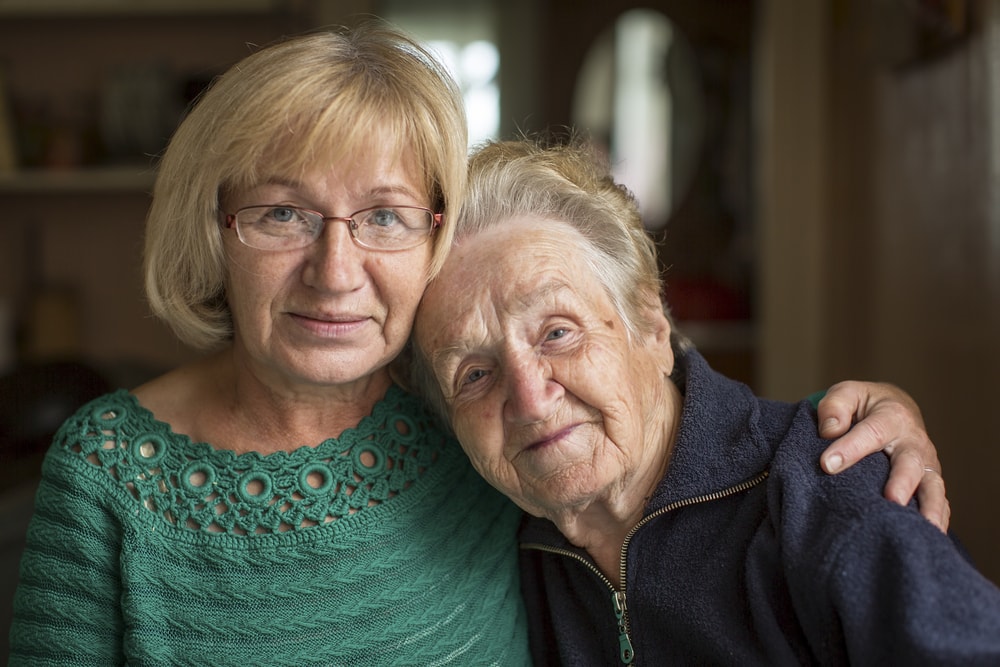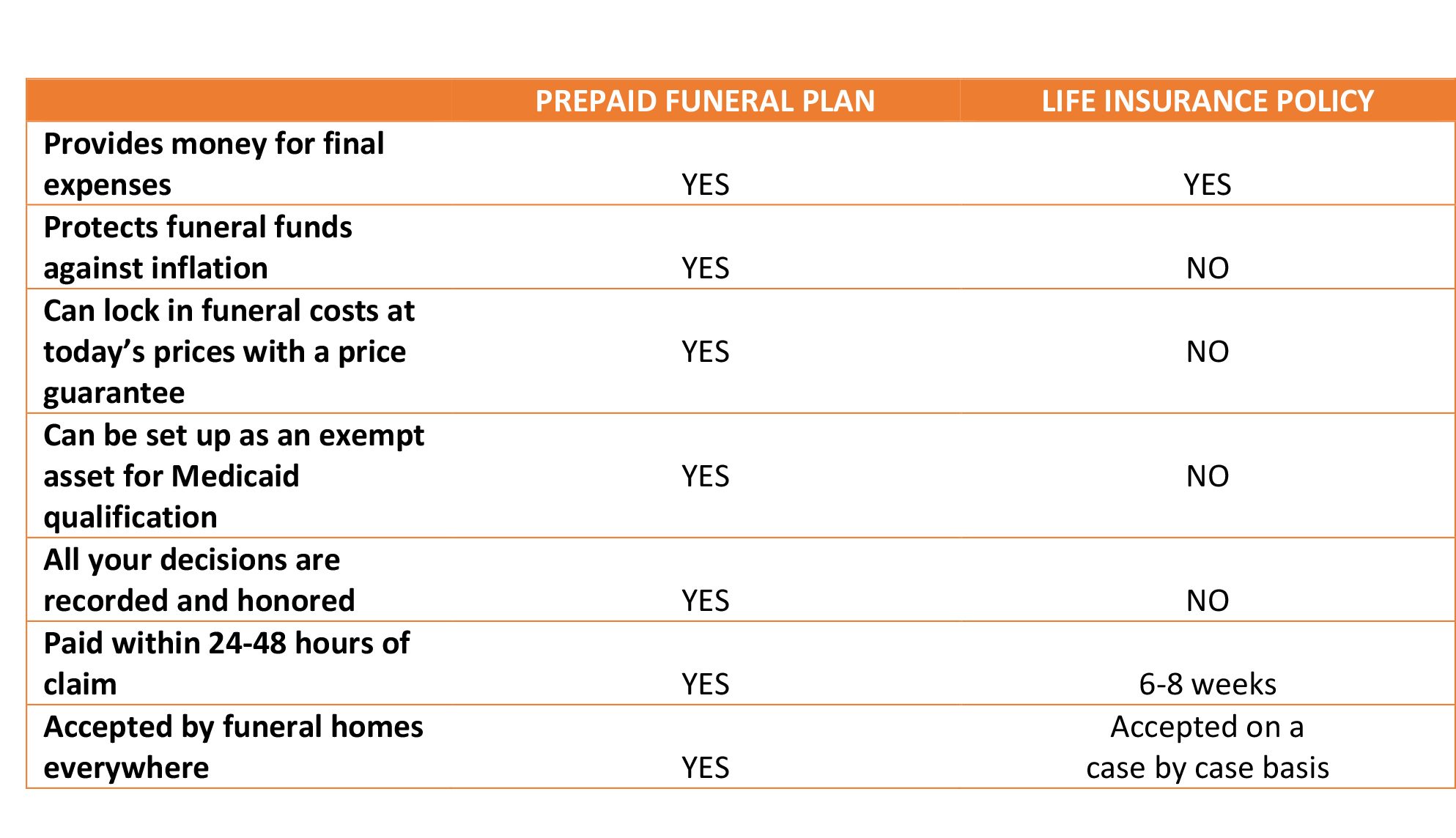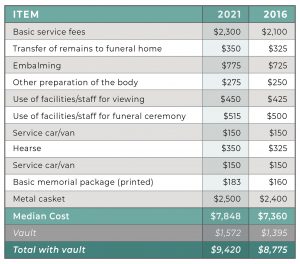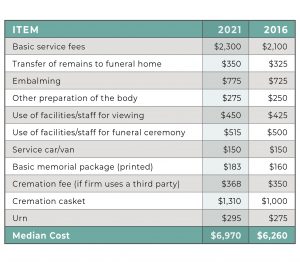

“We are all mirrors unto one another. Look into me and you will find something or yourself as I will of you.” – Walter Rinder
Love is a sacred partnership of communion with another human being. You take each other in, and even when you are apart, you are together. Wherever you go, you carry the person inside you. Communion means the sharing or exchanging of intimate thoughts and feelings, especially on a spiritual level. When two people love one another, they are connected. They are entwined.
Communion of Lives
The word “communion” comes from the Old French comuner, which means “to hold in common.” Note that this is different than “to have in common.” You may have very little in common with another person, yet love them wholeheartedly. Instead, you hold things in common – that is, you consciously choose to share one another’s lives, hopes, and dreams. You hold her heart, and she holds yours.
This experience of taking another person inside your heart is beyond definition and defies analysis. It is part of the mystery of love. Love has its own way with us. It knocks on our hearts and invites itself in. It cannot be seen, but we realize it has happened. It cannot be touched, yet we feel it.
Communion of Grief
When someone we love dies, then, we feel a gaping hole inside us. I have companioned hundreds of mourners who have said to me, “When she died, I felt like part of me died, too.” In what can feel like a very physical sense, something that was inside us now seems missing. We don’t mourn those who die from the outside in; we mourn them from the inside out.
The absence of the person you love wounds your spirit, creates downward movement in your psyche, and transforms your heart. Yet even though you feel there is now a hole inside you, you will also come to know (if you haven’t already) that those you love continue to live on in your heart. You remain in communion with those you love forever and are inextricably connected to them for eternity.

Yes, you will grieve the person’s absence and need to express your feelings of grief. You must mourn. You must commune with your grief and take it into your heart, embracing your many thoughts and feelings. When you allow yourself to fully mourn, over time and with the support of others who care about you, you will come to find that the person you lost does indeed still live inside you.
Love abides in communion – during life and after death. And mourning is communion with your grief. With communion comes understanding, meaning, and a life of richness.
Greater Than the Sum of Its Parts
”Accept the things to which fate binds you, and love the people with whom fate brings you together, but do so with all your heart.” – Marcus Aurelius
When you love another person, it can feel like one plus one equals three.
I’m sure you’ve heard the saying, “The whole is greater than the sum of its parts.” Love is like that. Two people can come together and form a partnership that enables each person to be “more” in so many ways.
Here’s another way to think about this idea: Love is like an orchestra. You may be a clarinet – a strong, fine wind instrument all by yourself. But when you surround yourself with other instruments, each of which does the work of carrying its own part and practicing its own music, together as a group you can blow the doors off the place.
I much prefer this expansive concept of love over the long-held reductionist belief that two become one. If two become one, both participants in the relationship are diminished. Conversely, what truly feeds the soul of a loving relationship is expansion, mutual-nurturance, and growth.
Without doubt, being part of a synergistic, two-makes-three relationship requires a conscious commitment. Did your relationship with the person who died feel enhancing or diminishing? In synergistic relationships, there has to be space and encouragement to be real and authentic. Were you empowered to be your true self or disempowered to be something you were not? Did your two make three, or did your two make you less than one? If your two made less than one, perhaps you are now faced with mourning what you never had but wished you did. How human is that?

If, on the other hand, your relationship with the person who died made you greater than the sum of your parts, what happens now that one of you is gone? You may feel diminished. You may feel empty. You may feel less than whole. Your self-identity may even seem to shrink as you struggle with your changing roles. If you are no longer a wife (or a mother or a sister or a daughter), what are you? If you are no longer a husband (or a father or a brother or a son), what are you?
The experience of mourning can feel piecemeal – a cry here, a burst of anger there; a deep sadness today, a crush of guilt tomorrow. You might feel a sense of disorientation from the scattered and ever-changing nature of your grief.
But when you trust in the process of grief and you surrender to the mystery, you will find that mourning, like love, is also greater than the sum of its parts. Leaning into your grief and always erring on the side of expressing rather than inhibiting or ignoring your thoughts and feelings – no matter how random and disjointed they might seem some days – will bring you to a place of transformation. You will not just be different from the person you were before the death. You will be greater. Your experience of love and grief will create a changed you, a you who has not only survived but who has learned to thrive again in a new form and in a new way.
And just as love connects you to others, so should grief. You need the listening ears and open hearts of others as you express your thoughts and feelings about the death. You need the support of others as you mourn.
Yes, love and grief are both greater than the sum of their parts. The lesson I take from this is that whenever you engage fully and openly in life, experiencing both the joys and the sorrows head-on, you are living the life you were meant to live.
About the Author:

Dr. Alan Wolfelt is a respected author and educator on the topic of healing in grief. He serves as Director of the Center for Loss and Life Transition and is on the faculty at the University of Colorado Medical School’s Department of Family Medicine. Dr. Wolfelt has written many compassionate, bestselling books designed to help people mourn well so they can continue to love and live well, including Loving from the Outside In, Mourning from the Inside Out, from which this article is excerpted. Visit www.centerforloss.com to learn more about the natural and necessary process of grief and mourning and to order Dr. Wolfelt’s books.
Printed by permission of Dr. Alan D. Wolfelt, all rights reserved.













































